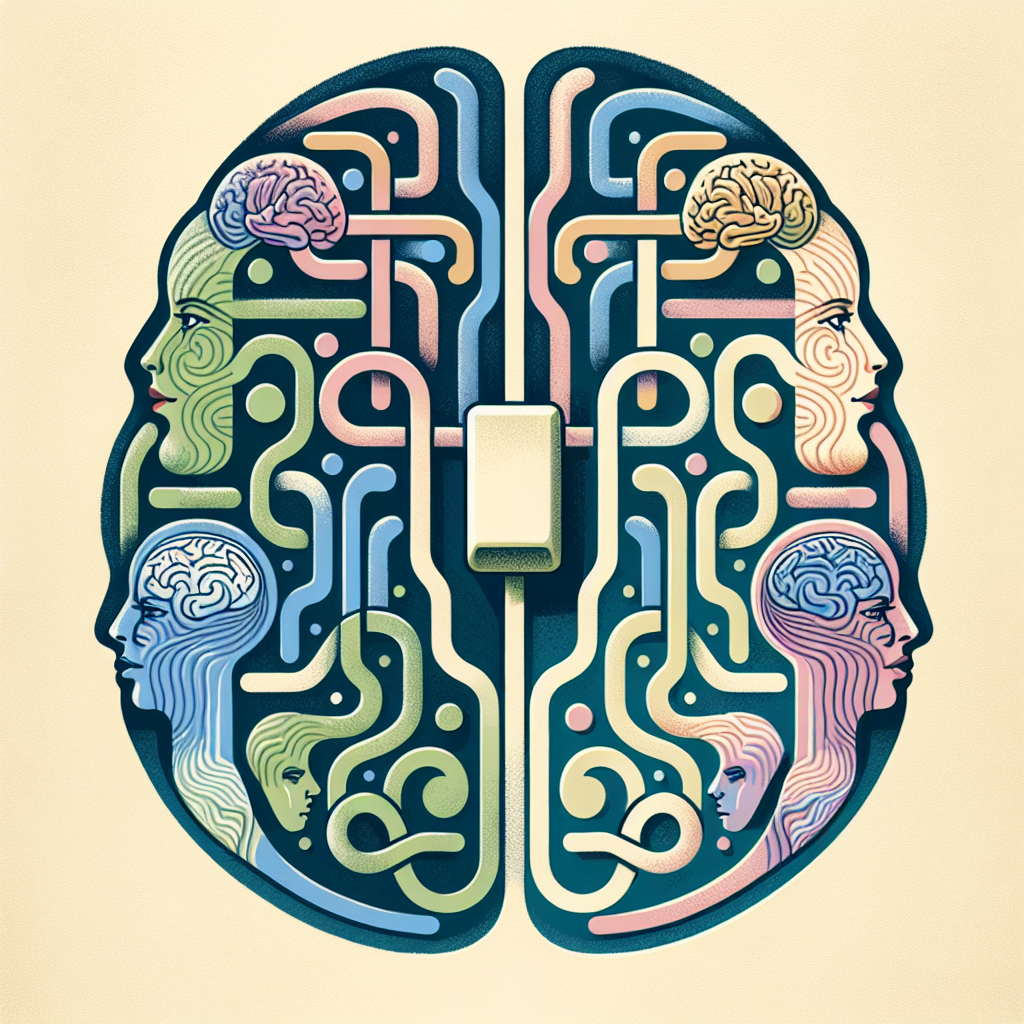Your cart is currently empty!
The Psychology of Switching: Understanding Why We Change Our Minds

We’ve all been there before – one minute we’re convinced of something, and the next minute we’re completely changing our minds. Whether it’s deciding on what to have for dinner or making a major life decision, the act of switching our minds can be both confusing and frustrating. However, understanding the psychology behind why we change our minds can help us make more informed decisions and navigate through life with greater clarity.
One of the main reasons why we change our minds is due to cognitive dissonance. This theory, developed by psychologist Leon Festinger in the 1950s, suggests that when we hold two conflicting beliefs or attitudes, we experience a state of tension known as cognitive dissonance. In order to reduce this discomfort, we are motivated to change one of our beliefs or attitudes to align with the other. For example, if we believe that eating unhealthy food is bad for us but continue to indulge in it, we may experience cognitive dissonance and eventually change our mind about the importance of eating healthy.
Another factor that influences our decision-making process is social influence. We are constantly bombarded with opinions and information from others, whether it’s from friends, family, or the media. This can sway our beliefs and attitudes, leading us to change our minds based on external influences. This is known as conformity, where we conform to the opinions of others in order to fit in or be accepted.
Additionally, our emotions play a significant role in our decision-making process. Emotions such as fear, anger, and sadness can cloud our judgment and lead us to make impulsive decisions that we may later regret. When our emotions are heightened, we are more likely to change our minds in order to alleviate the discomfort we are feeling.
Furthermore, our past experiences and personal biases can also impact our decision-making process. We may hold onto certain beliefs or attitudes based on our past experiences, even if they no longer serve us. This can make it difficult for us to change our minds, as we are attached to our beliefs and identities.
In order to make more informed decisions and understand why we change our minds, it is important to be aware of these psychological factors. By recognizing the influence of cognitive dissonance, social influence, emotions, and personal biases, we can approach decision-making with a greater sense of clarity and self-awareness. It is also important to take the time to reflect on our beliefs and attitudes, and consider whether they are serving us in a positive way.
Ultimately, understanding the psychology of switching can help us navigate through life more effectively and make decisions that align with our values and goals. By being mindful of the factors that influence our decision-making process, we can empower ourselves to make choices that are in our best interest and lead to greater fulfillment and happiness.

Leave a Reply